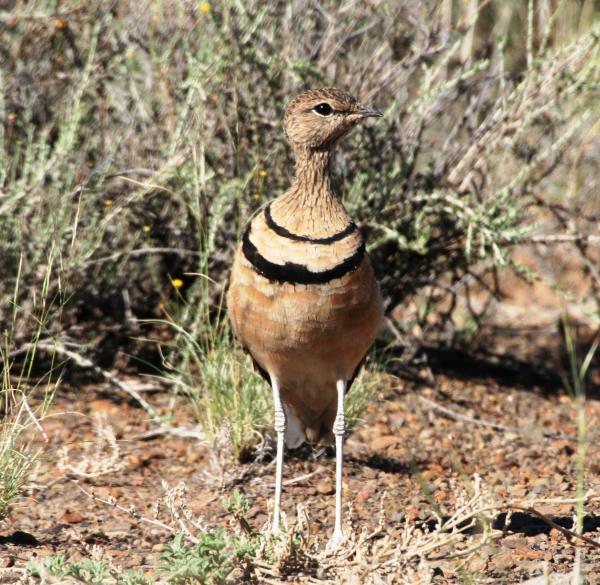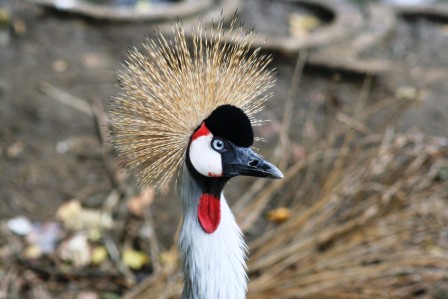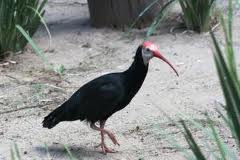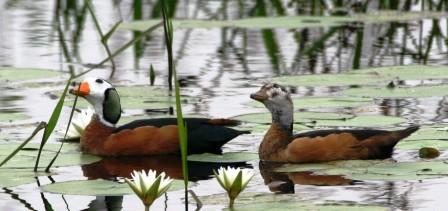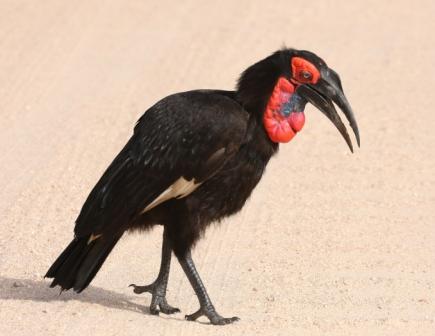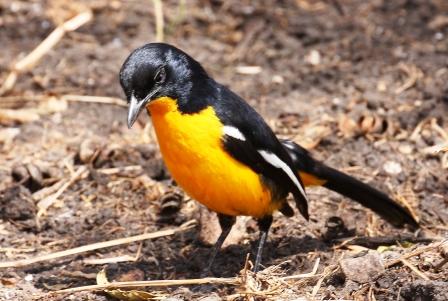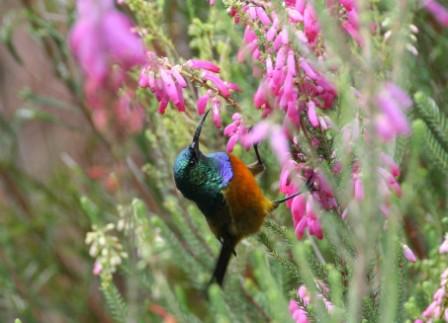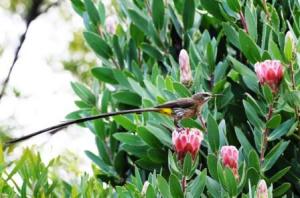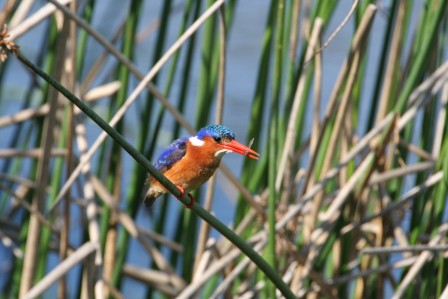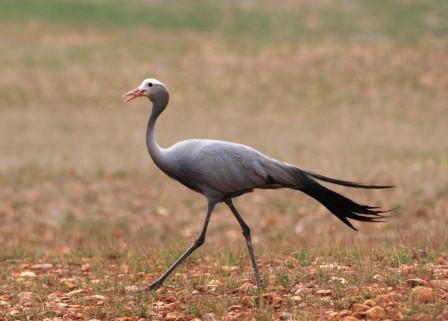|
|
JOIN OUR MAILING LIST |
|
Newsletter / Blog 2012-05-21 Please help SAVE Brasil – Visit - www.avesbirdingtours.com Last April the Brazilian Congress approved the ‘new’ Forest Code, a batch of changes to the existing forest code dating from 1965. The ‘new’ code is one of the most controversial laws passed by Congress in recent years and will impede efforts to slow down deforestation in the country. The President of Brazil, Dilma Roussef, has the right to veto the bill. She has until 25 May, a few days before the Rio+20 Conference, to take this important decision and to show the world her commitment to promoting sustainable development. SAVE Brasil (BirdLife in Brazil) are asking everybody to join ongoing online campaigns against the changes to the bill. “This is truly a huge loss and disappointment to all of us, who have been fighting against the changes,” said SAVE Brasil’s Director, Dr Jaqueline Goerck. And poll surveys indicate that the overwhelming majority of Brazilians (nearly 80%) oppose the changes to the code as well. The instant campaigns website Avaaz has linked up with Greenpeace, WWF and key Brazilian organizations to seek people’s support for a petition to the President of Brazil. Almost 2 million people have already signed, but more people are need! The ‘new’ Forest Code was pushed through Congress by a powerful farming lobby, who say there is need to support Brazil’s economy by strengthening exports of agricultural products such as beef, soybeans, sugar and poultry. Another argument was that legislation is needed to prevent food prices from climbing in Brazil. But economists and agronomists in Brazil point out that there is potential to expand agriculture in already transformed land, that is now being used as pasture, for instance. There is no need for further deforestation of natural areas. Studies substantiate this point of view. SAVE Brasil’s Pedro Develey summarised in the journal BioNeotropica the likely impact that the ‘new’ Forest Code will have on bird populations in the country: “17 globally threatened species depend on riverine forests, and eight of these are restricted to Brazil. Narrower Permanent Preservation Areas will lead to significant population losses, putting at risk the integrity of populations and, in some cases, the survival of species.” The changes also target high altitude habitats, allowing for “continuation of unproductive livestock farming on slopes, edges of plateaus, hilltops and areas in altitude above 1800 metres”. Develey points out that many endemic species are restricted to high altitudes, including 13 bird species in the south-eastern Atlantic Forest occurring above 1,800 m. Please go to – www.avaaz.org and sign.
|
| Back | Back to top |
 |  | Cape Town Tourism  |
|||||||||||||

